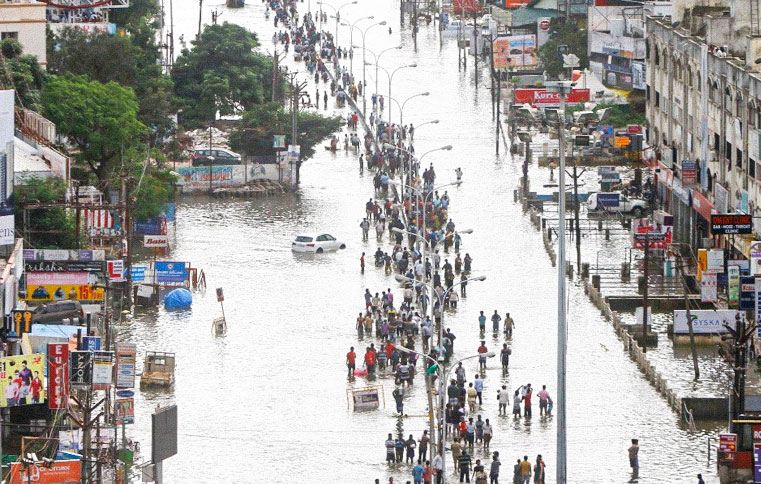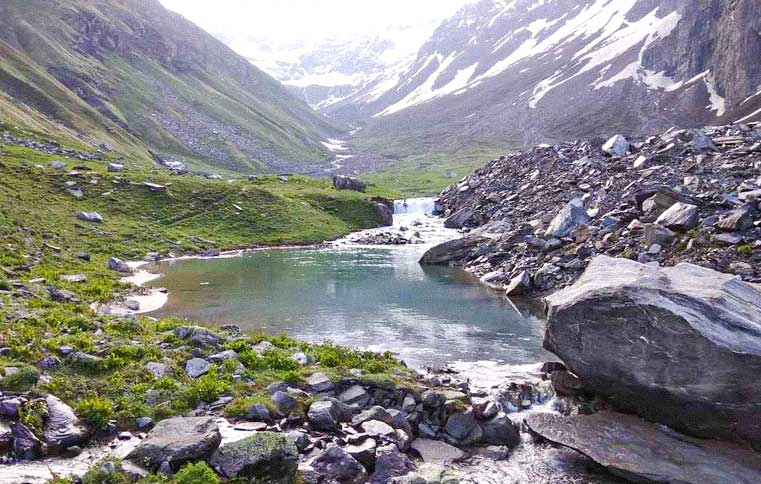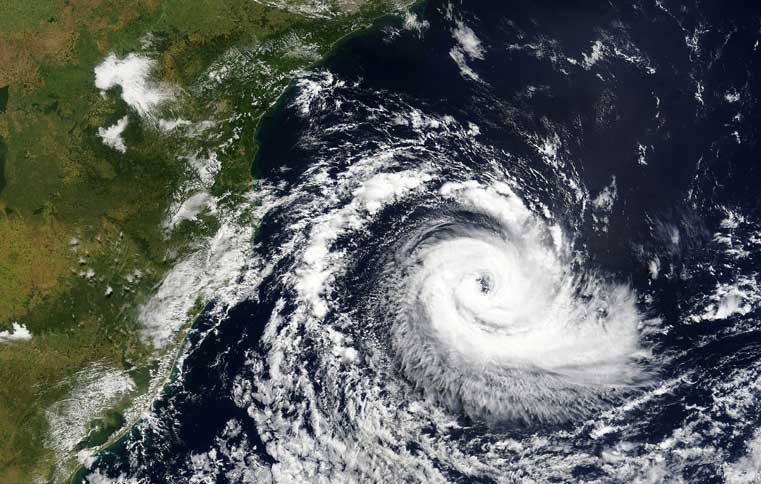Why is Rain Water Harvesting not working in Pune?
By: Ishwari Latey | Date: 2nd August 2018
Water- a colorless treasure which we all take immensely granted. As the human population continues to rise, with our country contributing a generous 17% to it with only 2.4% of the landmass and natural resources, now the situation is critical. With the recent events of water shortage in Indian cities like Bengaluru and Shimla, with the capital Delhi due joining them on this terrible quest of thirst only warn us of the imminent need for water conservation and rainwater harvesting.
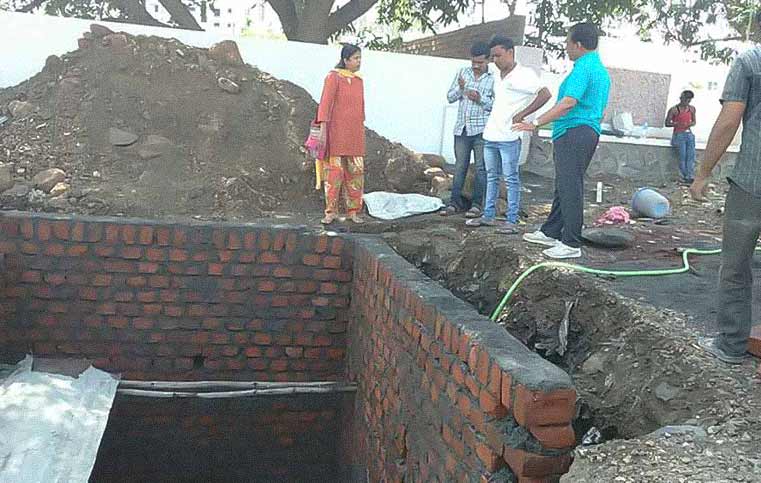
The entire population of Pune is mostly dependent on the dams of Khadakwasla and Pawna, but considering the growing populations, these dams won’t be enough to suffice the need in recent future.
The rainwater harvesting is now compulsory in all plots of 3000 sq.ft. or more, however little impact was seen on the ground and dependence on water tankers continue. The tanker business in Pune has grown to an estimated 100 crores. Property taxes are given a five percent rebate on the installation of rainwater harvesters as well.
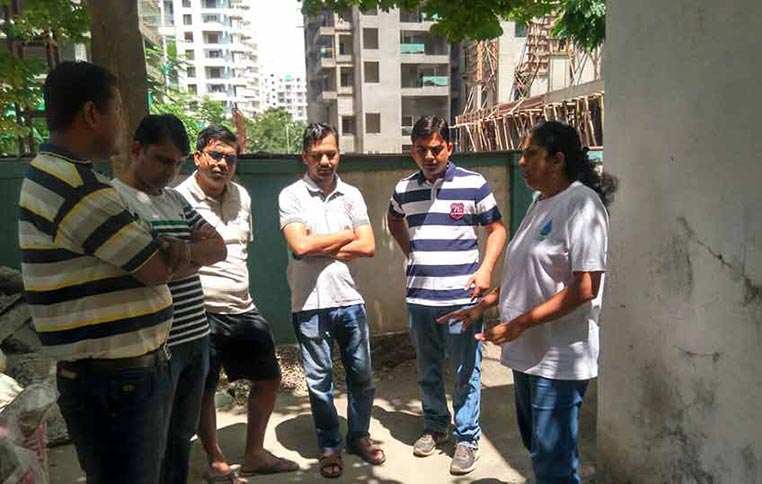
So what’s holding us back?
The problem lies with the faulty implementation, lack of social awareness and the habit of using what is available sans worry on its replenishment. Even if the volunteers attempt to gather funds and set up, due to the high cost of one time set up, people rarely contribute, even if it is going to benefit them in a long run. The concretization of the urban area is also preventing the water to seep into the ground and hence cannot help recharge the groundwater table.
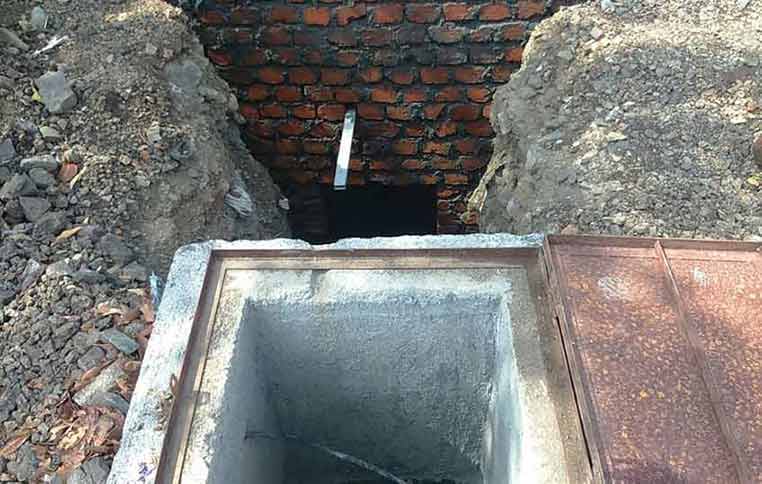
According to A pilot study into attributes towards and perception of rainwater harvesting in the UK conducted by S.Ward, D.Butler and F.A.Menon, University of Exeter; They surveyed the factors enhancing the residents’ consideration of installing the RWH, along with other factors.

This graph shows the lack of community contribution tendency, which is also applicable for Pune.
Our NGO “Tahaan” is working for the Rainwater harvesting projects in urban colonies of Pune with the aim of making Pune drought resistant from the past year.
Reasons why RWH is not working in Pune (based on Survey conducted by Tahaan):
1. There are 2 ways in which RWH can be harvested.
A. By underground storage tanks
B. By Borewell recharge.
While you can create underground storage tanks anywhere to store rainwater, there are some limitations.
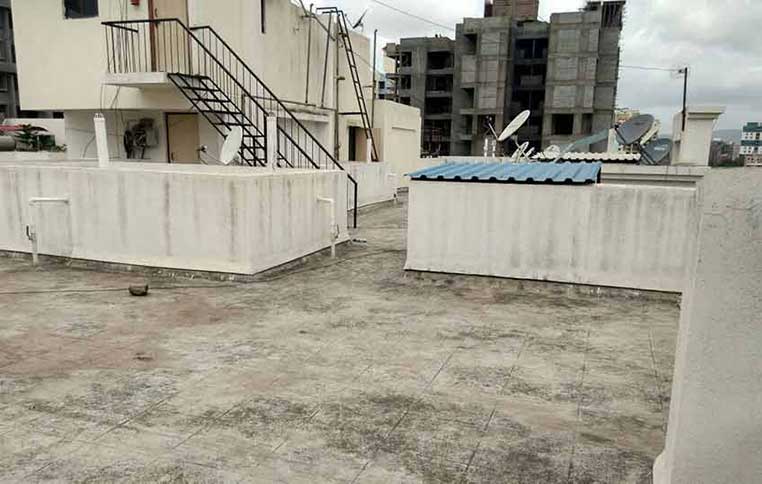
C. It is very expensive (costs >8 lac Rs.)
D. Water collected in it lasts only in the rainy season. However, since the water supply in the rainy season is plenty, it is not required in the monsoon at all.
E. The time required to come to an economic breakeven is around 40 years. Do you think such a system will even survive for 40 years?
Hence, underground storage tanks are a big No-No for RWH in Pune.
Talking about Borewell recharge, it can be done at those places that house an underground natural aquifer. To find out whether such an aquifer actually exists, we have to undergo a survey with the Groundwater Surveys and Development Agency. This survey determines whether the aquifer is present, and only then is the area deemed fit for underground borewell recharge.
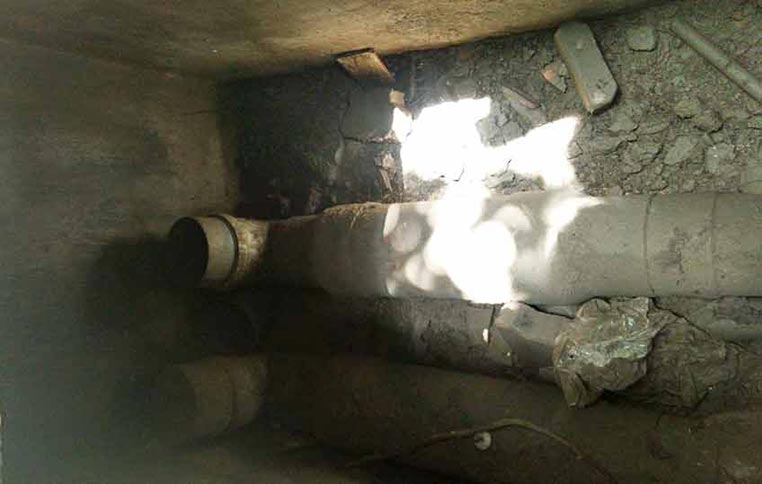
The question arises, what do you do when your building premises do not have underground aquifer facilities? There is no point doing RWH in such areas. The city must demarcate areas that are suitable for RWH and make RWH mandatory in these areas.
2. There are no standards or guidelines given by the Pune city.
What should be the dimensions of the recharge pit? Where should the position be? What is the standard grade of the quality of materials to be used? Due to an absence of these kinds of standardization, societies are building dysfunctional RWH systems which are of no use. In fact, because of incorrect designs, some of these systems are leading to polluting the underground water instead of recharging it with filtered water.
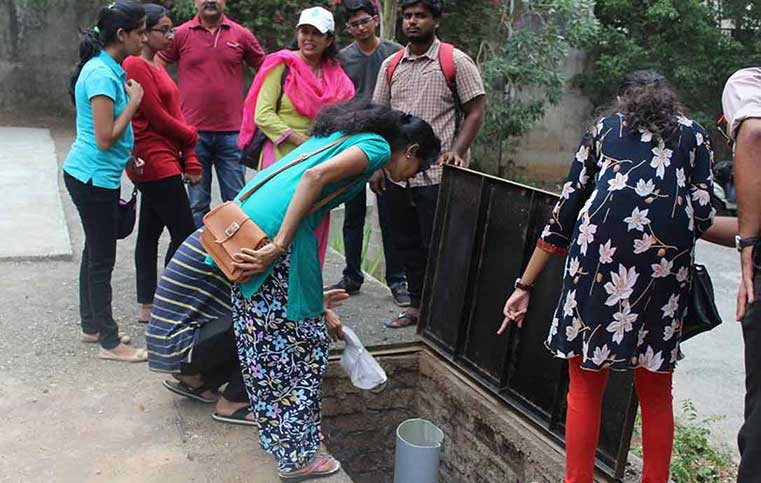
We must come together to tackle these problems and find some alternatives or modifications to the current system to restore the water balance and save our beautiful city from water scarcity.





